A Complete Guide to Healthcare App Development
15 Apr 21 

Gone are the days when the only way to avail healthcare services was by visiting hospitals or clinics. The advancements in technology have revolutionized many industries and healthcare is one among them. Smartphones have made their foray in healthcare app development and today mHealth (mobile + health) thrive with around 48000 apps in the App Store alone.
According to statistics, by 2025 mHealth market will witness a rise of more than 38.5% CAGR and its industry value is expected to be around $289 billion. And the new normal created by Covid-19 has further strengthened the growth of remote healthcare. If you have a business related to healthcare, now is the right time to venture into healthcare app development services.
Why Develop a Mobile Healthcare Application?
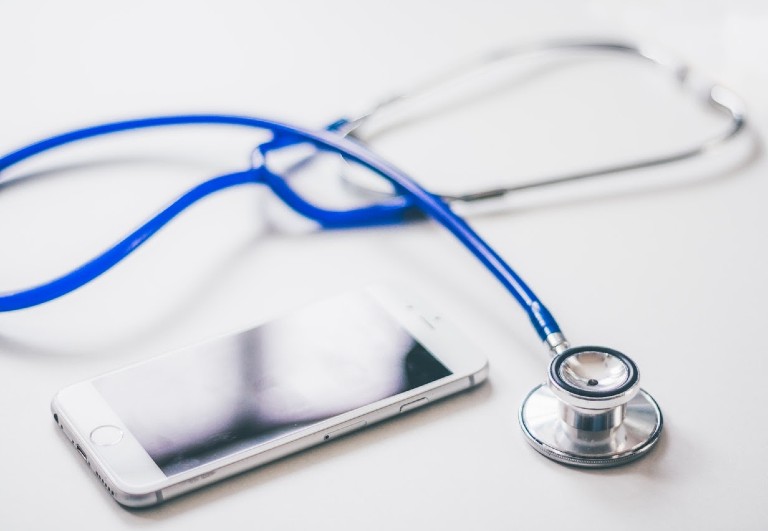
Health has always been a subject of concern for people. However, in their busy daily lives, people often find it difficult to set time aside for health-related matters. mHealth apps serve as an amicable solution for this concern. From consultations and drug prescriptions to meditation and fitness, healthcare app development has a broad range of solutions.
A mobile healthcare application has several benefits. It enables the efficiency of delivering healthcare services with the aid of technology. It opens the window of remote healthcare, allowing patients to access consulting services regardless of location. mHealth apps capacitate doctors to provide precise diagnosis because of better data-keeping, analysis, and the advent of technology. Therefore, mobile app development for healthcare is a service for both patients and doctors, and for businesses, it is a thriving opportunity.
Top 7 Benefits of Healthcare Apps for Patients and Healthcare Providers
Studies show that 80% of doctors use healthcare apps in their medical treatments.
The benefits of healthcare apps are so many that there is no doubt regarding the improvement of patient care that it brings.
So how do these healthcare apps benefit patients and healthcare providers?
1. Brings Down Medical Expenses
Most times, what stops patients from getting the right care is the thought of medical expenses. With several private hospitals and clinics popping up and charging patients as they wish, medical consultation has become a costly affair.
Healthcare app development benefits people in this aspect by bringing down several cost factors. It lets people choose between various healthcare providers to find the one that’s most affordable for them. It also cuts down travel expenses, appointment booking related costs, etc.
2. Enables Immediate Healthcare Access
Healthcare applications open the door to on-demand healthcare. One of the best services a healthcare system can offer is being able to provide care immediately when it’s needed. Healthcare apps offer a solution to this.
No matter where you are in the world, which time of the day it is, or what healthcare issue you are experiencing, you will be able to find appropriate healthcare professionals through healthcare applications. And the best thing? All of these can be done with a few taps!
3. Takes Healthcare to Remote Areas
Rural areas always struggle to receive adequate healthcare facilities. Often they have to travel large distances to avail basic healthcare.
Healthcare applications are a blessing for people living in remote areas. Using the apps, they can get healthcare service without travelling long distances or waiting for a long time. All they need is a smartphone and internet connection. Healthcare apps can also help them stay updated with health news.
4. Reduces Diagnostic Errors
In healthcare, even a small error by doctors can cause significant damage to patients. In the past, many issues have arisen because of diagnostic errors. Healthcare applications help to reduce these errors in several ways.
One is by creating an integrated record of a patient’s healthcare history. When a doctor has access to all records of a patient, it reduces any error coming from assumptions or lack of information during the treatment.
Another way is using technologies like artificial intelligence and data analysis to deliver intelligent diagnostic solutions with great accuracy and negligible error rate.
5. Better management of Healthcare Centers
Healthcare applications like EHR apps, hospital management apps, medical database apps, etc., help in the better management of healthcare centres. Be it to keep tabs on resources, streamline processes, or keep track of everyday records- these apps are a great tool.
As industries evolve, it is necessary to adopt new technologies. Manual record-keeping, legacy systems, etc. are time consuming and often filled with errors. These innovative healthcare apps help to stay a step ahead in management.
6. Customized Care
Every patient is different. Each one will have their own medical conditions that require specific, personalized care. Their health records will be different, reactions to medicines won’t be the same in these cases, healthcare services have to be customized.
In a physical scenario, this could be a complicated process when there are a large number of patients. Storing all details of each patient, accessing them when needed, finding the right information quickly; it is a complicated process. But with healthcare apps, it is easy to store, access, and find information easily and accurately. Therefore, healthcare apps enable providing customized care.
7. Promotes Personal Healthcare
Healthcare apps have given people the power to take healthcare in their own hands. As the old saying goes, “Prevention is better than cure”, people are more serious about maintaining their health to avoid the chances of sickness.
Technologies like wearable devices, fitness trackers, etc., aid this process by helping people monitor their health on a daily basis. Fitness apps promote diet control, exercises, and other physical activities to maintain the body while wellness apps like meditation apps help to calm the mind.
People are conscious of their health today and are willing to take actions to improve it. Healthcare apps provide an easy method to achieve this.
What are the Different Types of Healthcare Applications?
The mHealth market is very comprehensive and has far-ranging app solutions adding up to over 318,000 apps in all major app stores. Different types of healthcare applications are:
- Electronic health record (EHR) apps: These are used by hospitals to manage patient information such as medical history, medication records, and consultation reports.
- Medical database apps: Used by doctors to help their diagnosis and treatment, these apps have a database of diseases which doctors utilize to find similar medical cases.
- Medical diagnosis apps: These apps take patient information/symptoms as inputs and help doctors in diagnosis and guide individuals for the next step, such as hospital visits.
- Medical prescription apps: These apps support e-prescriptions and allow doctors to create, edit, or renew prescriptions.
- Telemedicine apps: Also known as on-demand doctor apps, these apps let patients find doctors, book appointments and perform virtual consultations.
- Booking apps: These are online appointment scheduling apps, that lets patients book appointments online and follow up with notifications and reminders.
- Hospital management apps: These apps help in managing day to day activities of hospitals such as accounting, inventory management, claim handling, patient management, etc.
- Wellness apps: It includes fitness apps, diets and nutrition apps, and meditation apps that help people to maintain their mental and physical health.
- Health diary apps: These apps act as medical diaries of patients where they note down their symptoms to give doctors a consistent health record of their conditions.
These are the major types of healthcare applications that are being used by doctors and patients worldwide to enhance their healthcare journey. If you are looking to create a mobile app of value, these categories have an indispensable market.
Features of Different Healthcare Applications
The different types of healthcare apps we saw in the previous section can broadly be categorized into apps for patients, healthcare providers, and hospitals. Let’s look into each one of them and see what their features are.

Features of Patient Apps
Patient apps are used by patients or people in general, to maintain their health and stay updated with healthy lifestyle trends. Main features to ensure while developing a healthcare application for patients are:
- Scheduling appointments: A feature to select a doctor for consultation according to their requirement, schedule an appointment, and get confirmation.
- Reminders: These can be reminders about appointments, taking pills or patients can also customize reminders for water intake, exercise time, etc.
- Monitoring: A patient app should have a provision for them to track their vital signs such as blood pressure, pulse, blood sugar level, etc.
- Chats: It is a useful feature using which patients can get timely assistance from doctors.
- Feedback: Giving a provision for patients to share their consulting experience can be beneficial to other patients using the app to choose the best doctors for their needs.
- Location integration: Integrating location in a patient app will help patients find nearby hospitals or clinics in cases of emergency.
- Payments: Provision for patients to pay admission bills, medical bills, insurance, etc. through a safe and secure payment gateway.
Features of Doctor Apps
Doctors and other medical professionals use doctor apps to improve their service. Some features to include in them are:
- Schedule management: A must-have feature that lets doctors view all their appointments, organize, and edit them.
- Patient page: This feature allows doctors to get a complete overview of patients’ conditions from a single screen. It can include information such as patients’ diagnosis history, prescriptions, special remarks such as allergies, etc.
- Reference database: Doctors can gather all data related to different diseases, medicines, and symptoms in a database for further reference.
- Healthcare community: An interactive community for healthcare professionals to discuss and share information and be constantly updated.
- E-prescriptions: It allows doctors to write prescriptions electronically. It is an efficient practice in which doctors can access patients’ previous medical history and prescribe accordingly.
Features of Healthcare Information System
Healthcare information systems are used to maintain the day to day activities of hospitals or clinics. The features of these apps include:
- Patient management: A feature for managing patient information such as their personal information, diagnosis, prescriptions, room allocation, billing reports, etc.
- Doctor management: This feature aims to manage doctors, their appointment schedules, allocation of assisting staffs, etc.
- Inventory management: A feature for managing all the devices used in a healthcare setup in a digitized manner to improve efficiency and save time.
- Payment management: To manage all the billing records of patients, and to help in the generation of payslips for staff, this feature is essential.
Top 4 Challenges in Developing a Healthcare App
Healthcare app development is a complicated process. There are several factors involved in the procedure that makes it a challenging task for developers.
Let us take a look at some of those challenges.
1. Adherence to Security Laws
For mobile app development in any industry, security is a major. But when it comes to healthcare apps, it is more so. For healthcare app development, there are several security laws that developers have to follow depending on the country in which the mobile app will be launched. Adhering to these standards is a must-have to publish your app in the app stores.
HIPAA in the USA, GDPR in the European Union, etc., are some of the privacy laws related to healthcare apps. We will take a detailed look at these laws in the later section of this blog.
2. Data Encryption
Healthcare apps have access to sensitive information related to patients. Often the information is very personal, and protecting those from attacks is crucial. Thus to ensure the security of data, its encryption is essential.
Several encryption techniques are available that are used to make the incoming and outgoing data safe and secure. This will ensure that even if the data reaches the wrong hands, it cannot be misused. It is necessary to increase trust in users and make them feel safe while providing personal information in the apps.
3. Multiple API Integrations
Healthcare apps deploy the integration of various technologies in their ecosystem to facilitate the transmission of information. For example, some healthcare apps connect to wearable devices to gather the necessary information.
For a healthcare app to integrate with third-party services or tools, APIs are required. Integration of APIs is a challenging aspect of healthcare app development. Several free and paid API solutions are available for the healthcare industry, but developers have to carefully choose one that is reliable.
4. Engaging Interface
Most healthcare apps fail to do well in the market because their user interface is unengaging and complex. While creating a healthcare app, it is critical to think from the perspective of patients as well as doctors. Doctors may be knowledgeable about medical terms and processes, but patients would most likely be not.
The healthcare app should resonate with your target audience and make them feel comfortable using it. It shouldn’t be a show-off of information and end up making them feel intimidated. The app should be simple, intuitive and help the user take the desired action easily.
Step by Step Process of Healthcare App Development

To develop a mobile healthcare application that provides value, you need to start with good market research and adopt the right technology and tools. We can outline a healthcare application development process in 6 steps.
1. Define the goal of your healthcare app
Health, being a priority of people worldwide, mHealth apps are a great tool to attract customers. However, it hugely depends upon the real-life application and practical use of the app.
The first step to develop a mobile healthcare application is to define the goal that it plans to achieve. To get mobile app ideas for the healthcare sector, you need to consider the pain points of healthcare providers and patients and think of who your end-user will be, what service you will provide, and how your solution will solve their problem. You can conduct a detailed market survey, talk to the potential audience like doctors, nurses, or patients to gather ideas.
2. Know your target audience
Once you have an idea about who your end user is, you need to evaluate their characteristics. Performing analysis to gain information such as age, educational qualifications, physical abilities, communication preferences, etc. can help to tailor apps that are suitable for end-user needs.
This detailed analysis will help to decide the features and functionalities of the app. It will help to model an app to a specific goal, giving it clarity and distinction. Deciding on the features and functionalities will also be helpful in coming to a precise idea about the budget of your healthcare app development.
3. Study your competitors
There will be other players in the market who provide the same healthcare services as yours. You should perform an analysis of these competitors to find out the market presence, shares, strengths, and weaknesses. This will help you refine ideas about your app and give an insight into marketing strategies as well.
Every product should have a unique selling point (USP) that makes them stand apart from their competitors. You should study about the USP of your competitors, understand the market response, and come up with a unique point that only your app can provide.
4. Determine the tools and technologies
What technology will your app be built on- Android, iOS, or both? Will you have an omni-channel strategy? Will your app require integration with a camera, GPS, or voice recorder?
To answer all these, you need to look at your target audience. Their age, gender, geographical location helps to determine these factors. For example, people of the United States and China are mostly iOS users, whereas countries like India and the UK have more Android users. Also, if your app targets a younger audience, a mobile app would suffice, but an older audience would prefer websites or tablets. Planning these ahead will help you in improving your healthcare app development journey.
5. Plan your monetization approach
Before you design your app or develop it, you need to plan your monetization strategy. Usually, only apps that serve as an additional solution for medical institutions don’t employ monetization strategies. However, if your app is a standalone solution, you need to look into how to make a profit out of it.
Most of the popular mHealth apps are free apps. These apps make a profit through advertisements or by subscription to avail premium services. Apps that employ in-app purchasing strategy often don’t get accepted readily by the audience. Some apps employ a strategy where they provide a free trial for one month and then begin offering paid services. Choose an approach that is best for your service and your audience.
6. Design and development
The next step is to hire mobile app developers and get started with design and development. An optimal healthcare app is a result of a lot of refinement. The best approach is to build a minimum viable product (MVP) app first. This will help to save development time and also ensure a quicker launch. This will make it easier to get user feedback, understand marketing position, and build connections.
Depending upon the user feedback, you can test and iterate your app to make it effective and satisfactory to users. You can also update your marketing and branding strategies according to recent mobile app development trends and ensure the app performance is exceptional.
Privacy and Security Standards of Healthcare Apps

Privacy and security are significant concerns of a healthcare app as it deals with confidential information such as personal details, medical history, and financial data. This sensitive information must be kept secure and to ensure that there are some standards to be followed. The standards differ from country to country. Let’s look at standards that are followed in some of the big countries.
USA: Health Insurance Portability and Accountability Act (HIPAA) and the Health Information Technology for Economic and Clinical Health Act (HITECH) are two main regulations that healthcare apps in the US must follow. Both acts aim to ensure the security of sensitive patient data during storage and transmission.
European Union: In Europe, healthcare apps must comply with the General Data Protection Regulation (GDPR). It regulates the protection of private information by implementing rules on data storage, collection, disclosure, and deletion.
Canada: Healthcare applications in Canada must follow the Personal Information Protection and Electronic Documents Act (PIPEDA). Its guidelines are similar to the GDPR of European Union.
United Kingdom: In the United Kingdom, healthcare apps have to comply with The Data Protection Act of 1988. It is similar to GDPR with some modifications and guides the usage and storage of personal information.
Which Are the Five Best Healthcare Apps for 2021?
As we saw, there is no shortage of healthcare apps in the market. In this section, let’s take a look at the five best healthcare apps for 2021.
1. Practo
Practo lives up to its tagline “your home for health”. It is an app that brings all the necessary telemedicine features in one place. With Practo, you can consult doctors online, book appointments and lab tests, buy medicines, get health reminders, and store health records.
It also provides a feature to chat with a doctor anytime, making it the go-to app in situations of emergencies. Also, every doctor has ratings and feedback from other patients, so you make an informed choice about which doctor to consult. Its users also get access to thousands of health articles and tips from health experts.
2. MyFitnessPal
MyFitnessPal is a wellness app that empowers you to take care of your health through diets and exercise. It helps you know what you eat by giving you nutrition information and the calorie count of the food you intake.
It has an extensive database of over 11 million food information, nutritionist-approved recipes, and inspiring workout tips from experts. Your fitness pal account can easily be linked with other health apps such as Samsung Health, Apple HealthKit, etc., enhancing your entire healthy lifestyle. It provides some limited services for free and has an extensive premium service that provides personalized guidance and an ad-free experience.
3. India Drug Index
India Drug Index is a free drug database that provides complete information about drugs that are approved for use in India. The list is based on the latest guidelines and is prepared by top physicians and pharmacologists.
It covers over 61000 generic brands used all over India and is a useful tool for doctors in providing prescriptions. It has a full offline option using which it is possible to download the entire library offline. Its most notable feature is its regular updates; new FDA approvals, changes in dose, side effects, or practice insights, all information is regularly updated in a day to day basis.
4. Headspace
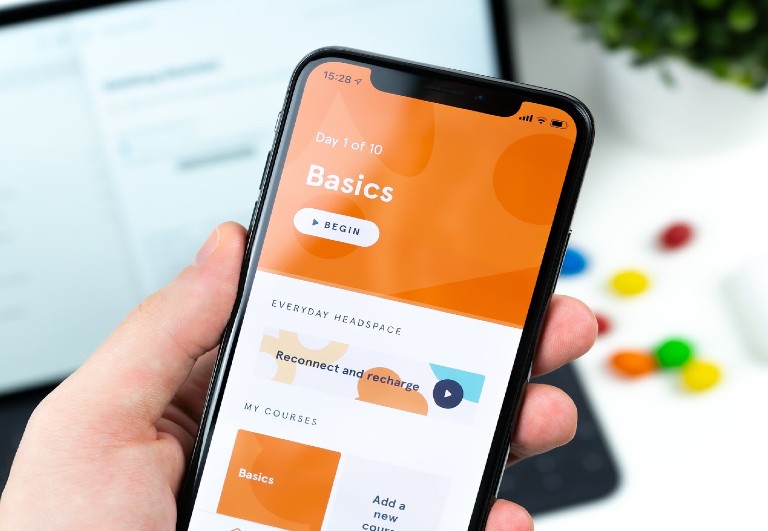
Meditation is scientifically proven to improve living conditions by reducing blood pressure, easing symptoms of anxiety, stress, depression, and insomnia. Headspace is a top-grossing meditation app in 2020 that helps people take care of their mind and body.
It has a complete library of meditations, for beginners to experts, and for varied uses such as reducing stress, improving sleep, etc. The app provides a basic pack for free, which is perfect for beginners. Its paid version called Headspace Plus has more options and gives unlimited access to guided meditations and courses for anxiety, mindfulness, etc.
5. Kareo Clinical
Ranked as a leader among EHRs in Frontrunners by Software Advice in 2020, Kareo Clinical is a complete EHR app designed by healthcare professionals. It is a cloud-based tool that empowers healthcare providers to reap the benefits of EHR software without any hassles.
Its features include simple charting to create patient encounter notes, easy prescribing, electronic superbills, secure messaging, flowsheets that give a holistic view of patients’ data, etc. It is a very resourceful app for independent practitioners and is an affordable solution.
What Is the Cost of Healthcare App Development?
The cost to develop healthcare applications depends upon the complexity of the app. The functionalities included, the technologies used, the development team that you employ, the target location, etc. determine the cost of healthcare application development. According to the latest trends in the industry, a mobile app development company charges $80-$250/hr in the USA, $70-$150/hr in Eastern Europe, and $10-$80/hr in India.
For a healthcare app with basic features, the total cost to develop an app might fall between $60000 to $100000. To get an accurate estimate, you should contact a reliable healthcare application development team and discuss your goals and requirements.
Mindster is a top mobile app development company with excellent expertise in building healthcare applications. Our team has well-grounded experience in doctor appointment app development. Get in touch with us to kick-start your healthcare app development journey with the best professionals in the country.
- Android Development3
- Artificial Intelligence27
- Classified App3
- Custom App Development3
- Digital Transformation11
- Doctor Appointment Booking App13
- Dropshipping1
- Ecommerce Apps39
- Education Apps2
- Fintech-Apps35
- Fitness App2
- Flutter3
- Flutter Apps19
- Food Delivery App5
- Grocery App Development1
- Grocery Apps3
- Health Care7
- IoT2
- Loyalty Programs9
- Matrimony Apps1
- Microsoft1
- Mobile App Maintenance2
- Mobile Apps120
- Product Engineering5
- Progressive Web Apps1
- Saas Application2
- Shopify7
- Software Development1
- Taxi Booking Apps7
- Truck Booking App5
- UI UX Design8
- Uncategorized4
- Web App Development1








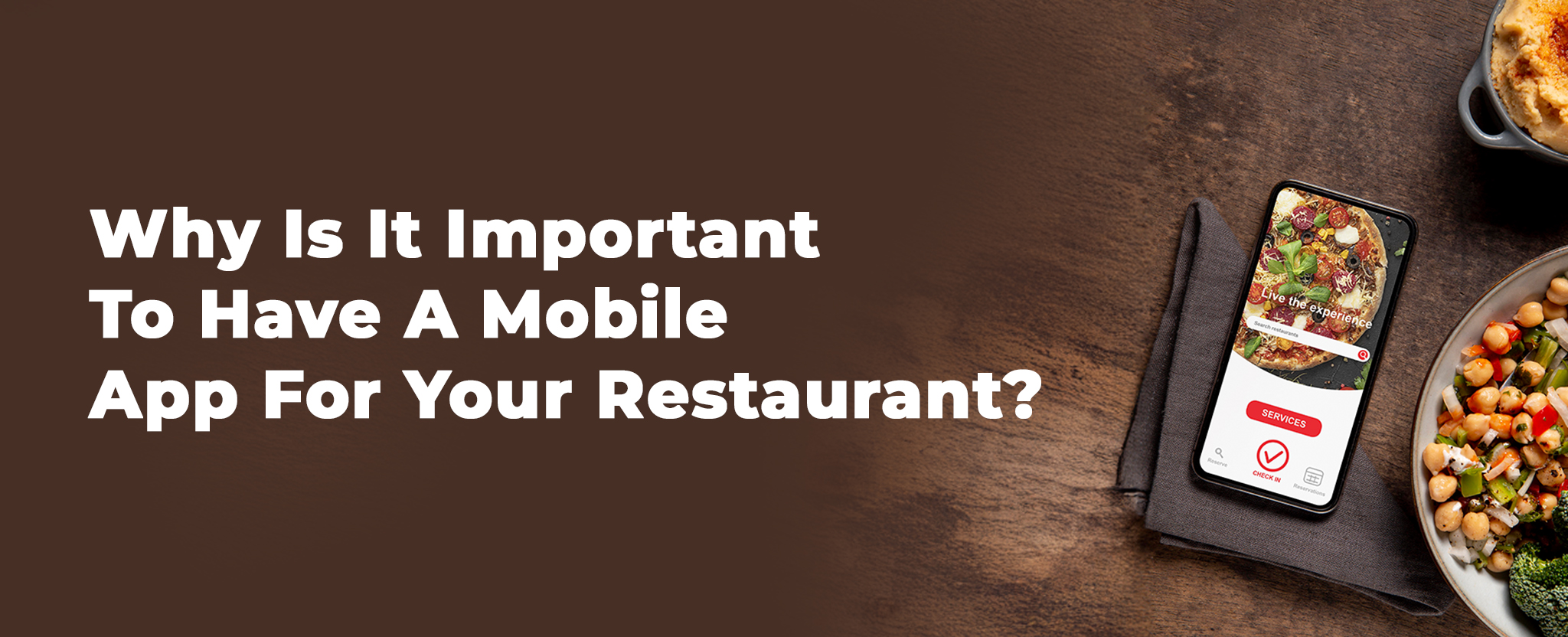
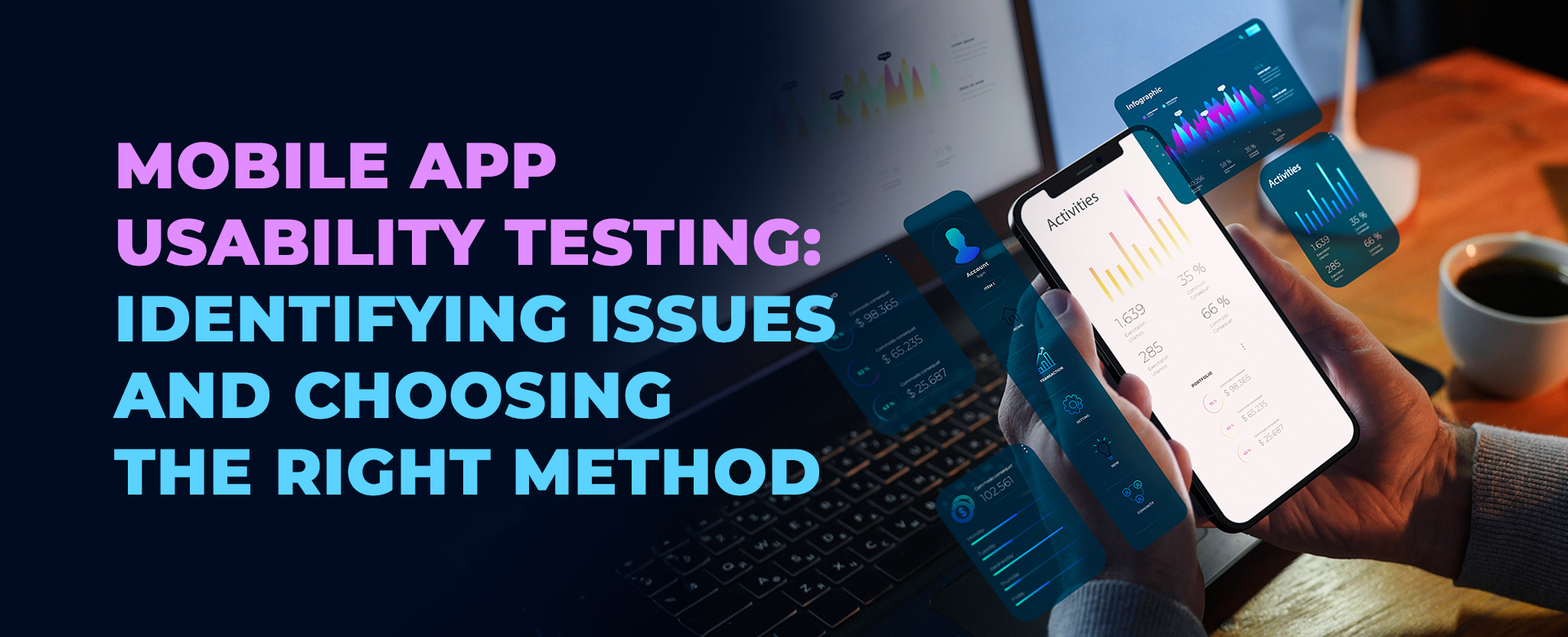
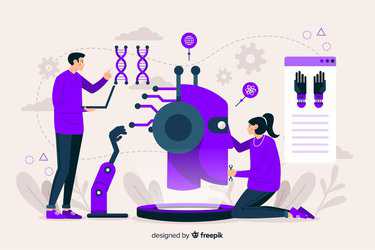
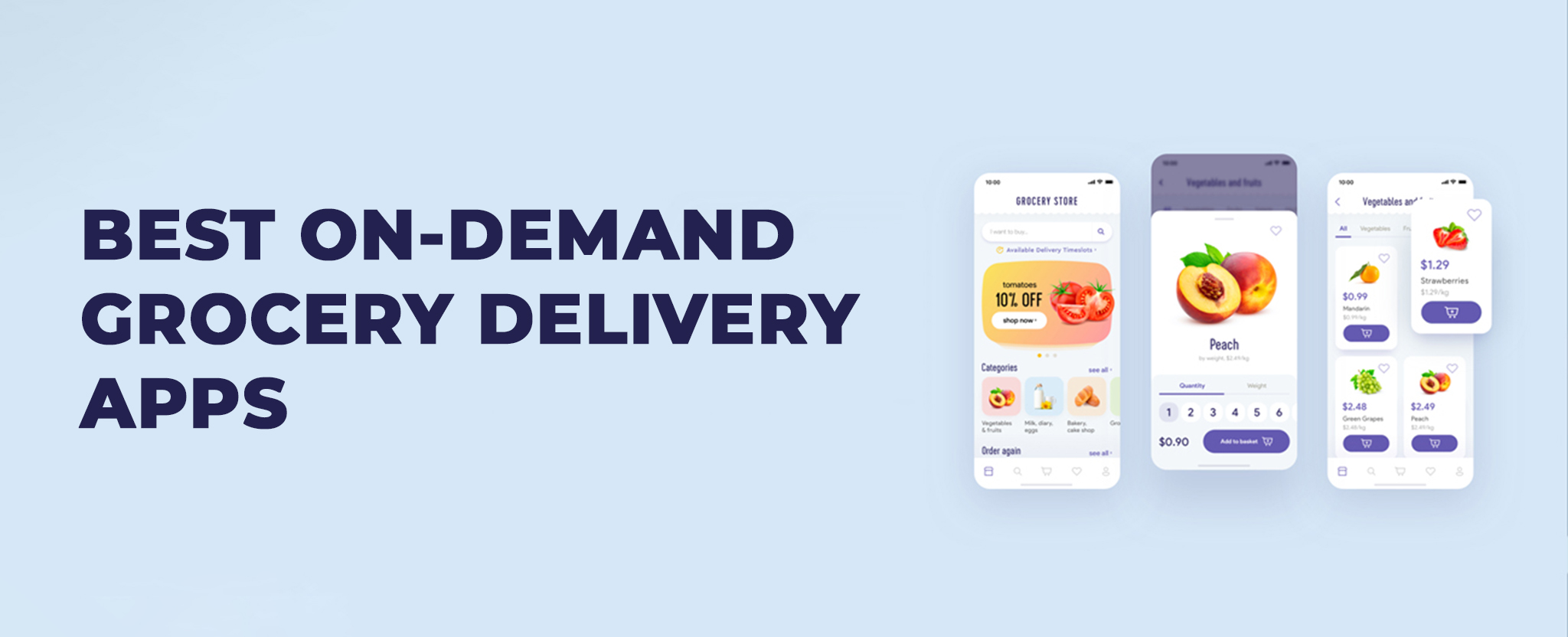






Comments